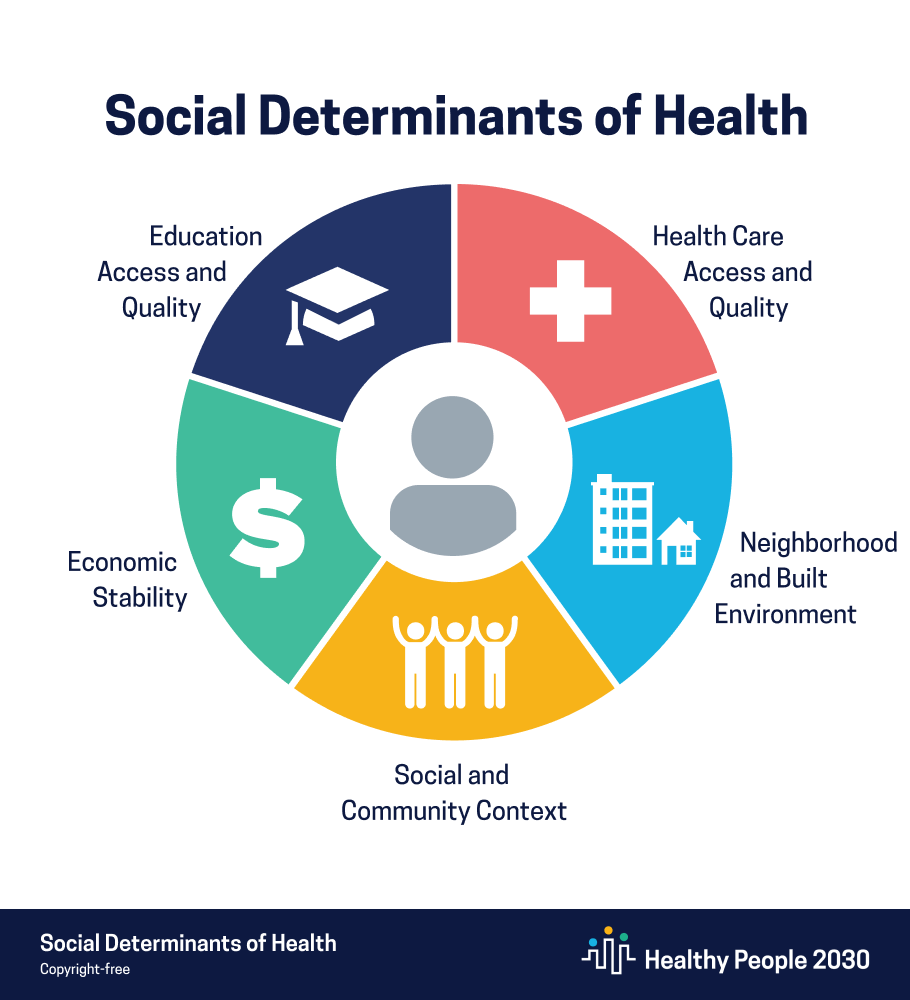Across the spectrum of healthcare delivery – payor, provider, vendor, consumer, there is a land rush underway to embrace consumer-centric care. With tools like value-based care, chronic disease management, retail services, analytics, and remote patient monitoring, healthcare organizations are pivoting towards capabilities that provide a deeper understanding of patient behaviors and address the whole patient and not just the condition.
For the industry, it’s a stretch: Healthcare has traditionally been an insular sector, unaccustomed to the kind of broad based, multi-stakeholder cooperation and collaboration that the healthcare consumer increasingly expects.
But access to a complete picture of the patient – including the behavioral and environmental factors that influence daily health – is critical to realizing the shared benefits of value-based, holistic care.
The challenge extends far beyond service efficiencies that can be gleaned from the patient encounter. Consider: medical care only accounts for between 10% and 20% of health outcomes, whereas the physical environment, social determinants and behavioral factors account for 80% to 90% of outcomes.
Collectively, these factors describe the Social Determinants of Care (“SDOH”), which the World Health Organization defines as “the conditions in which people are born, grow, work, live, and age, and the wider set of forces and systems shaping the conditions of daily life, including social, behavioral and environmental determinants of health.”
The critical determinants of SDOH are:
- Economic Stability
- Educational Quality
- Social and Community Context
- Access to Quality Health Care
- Neighborhood and Built Environment

